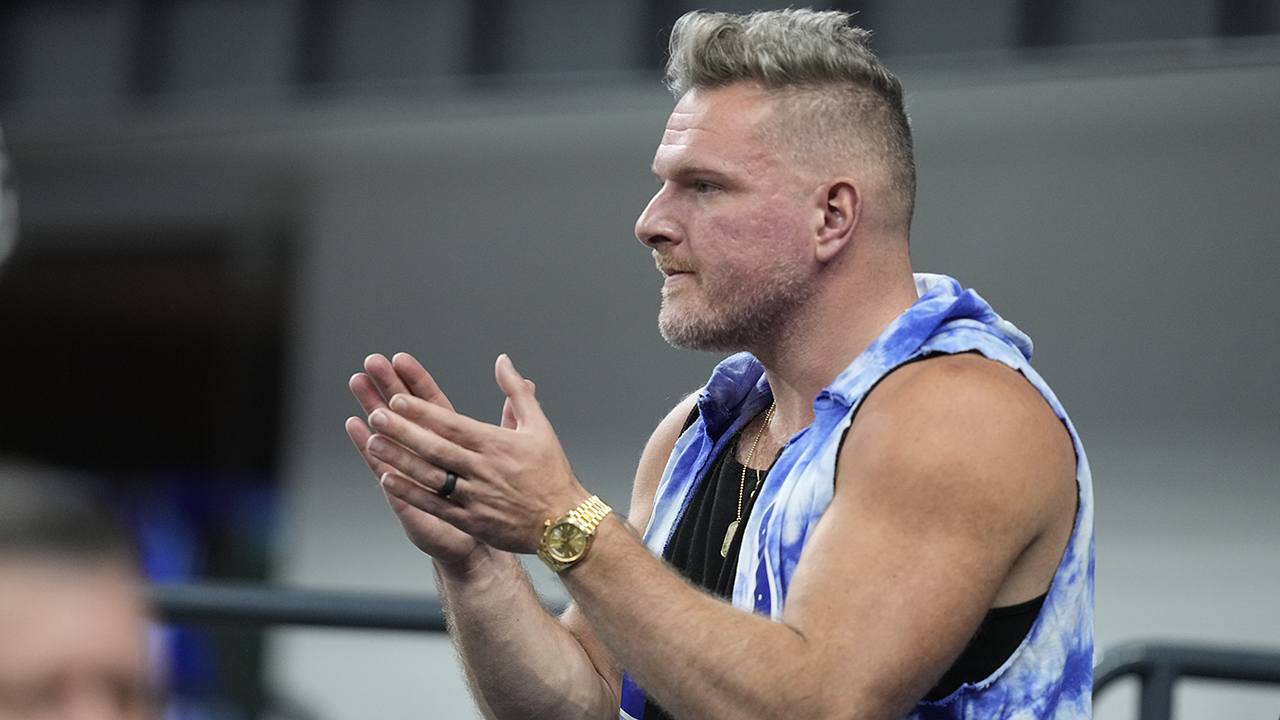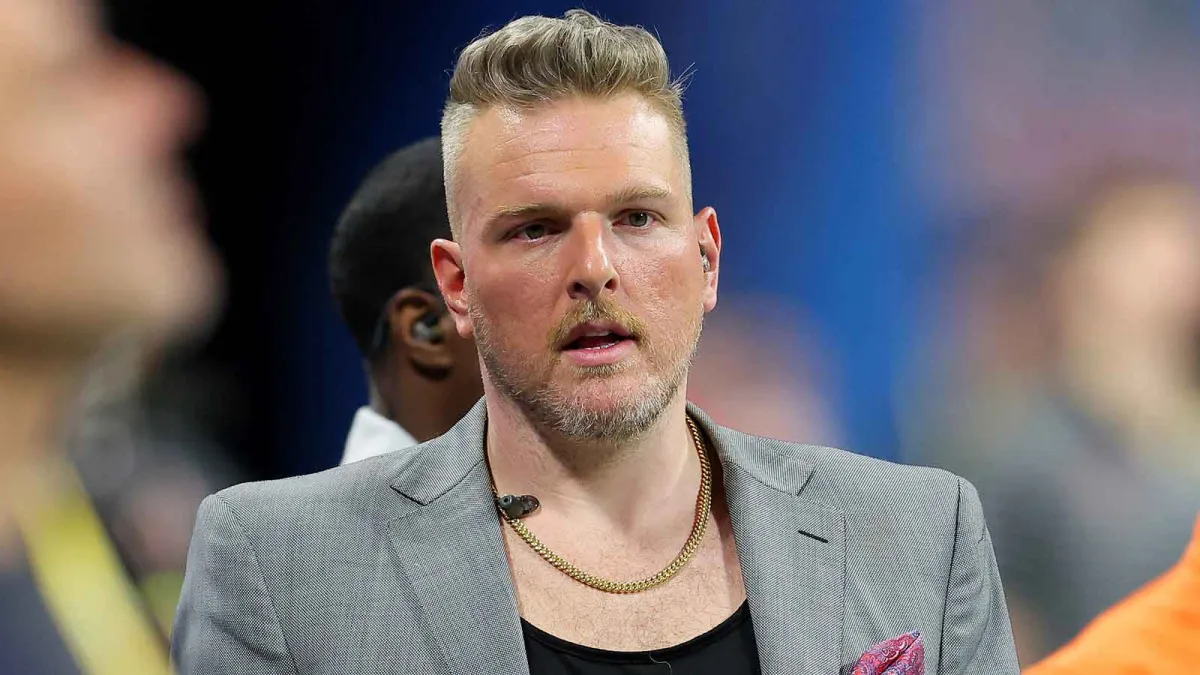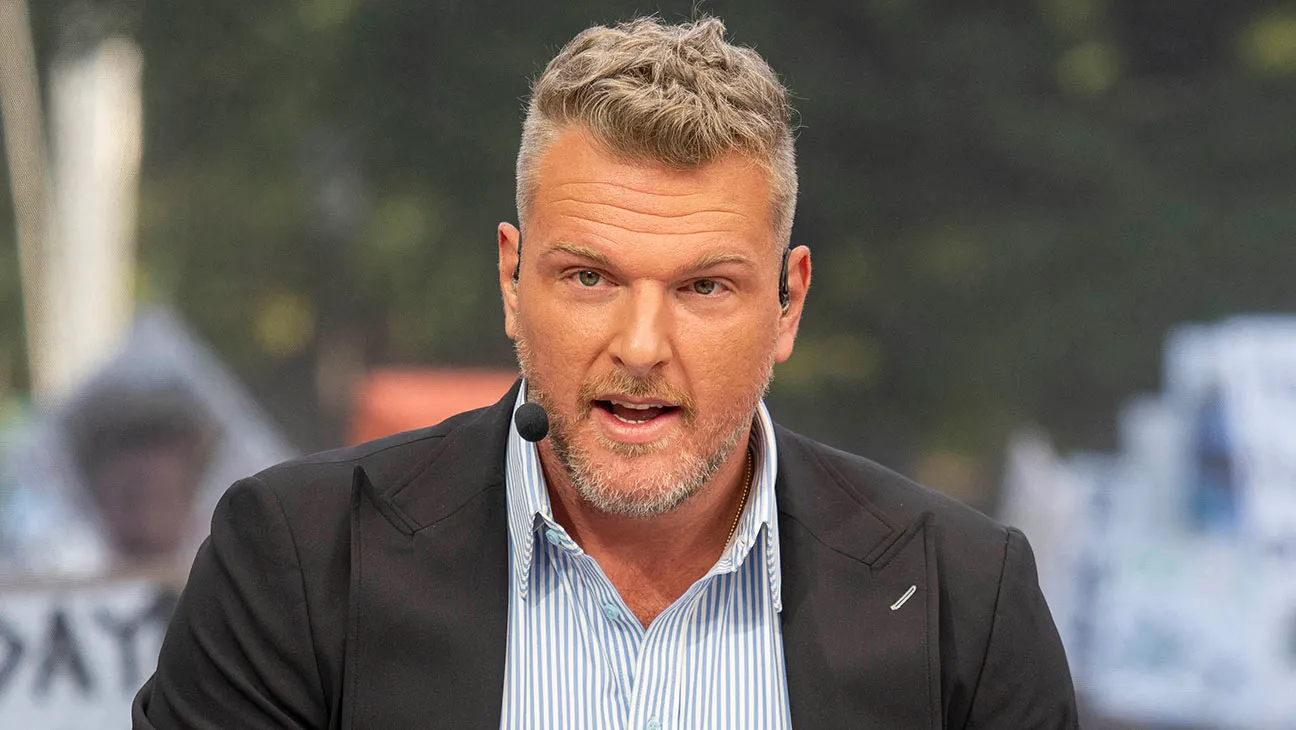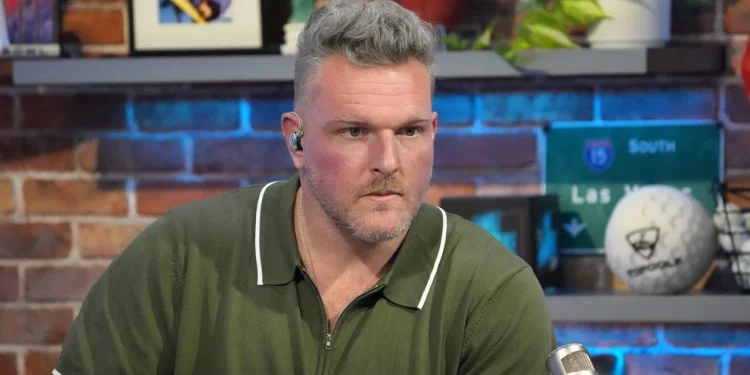Pat McAfee, the former NFL punter turned media star, is at the center of this week’s sports media storm. The airwaves have been buzzing with controversies and clashes of outspoken personalities, with McAfee recently finding himself in hot water after making disparaging remarks about WNBA star Caitlin Clark during an ESPN broadcast. McAfee’s choice of words—referring to Clark as a “white b—” during a rant intended to praise her—sparked immediate backlash across social media platforms.

The fallout was swift, prompting McAfee to issue a public apology via X (formerly Twitter), emphasizing that his comments were meant to be complimentary but were poorly chosen. “I shouldn’t have used ‘white b—’ as a descriptor of Caitlin Clark,” McAfee stated. “No matter the context… even if we’re talking about race being a reason for some of the stuff happening… I have way too much respect for her and women to put that into the universe.”
ESPN and the Broader Impact on Women’s Sports Coverage
The controversy comes at a time when ESPN faces broader criticism over its coverage of women’s sports. Monica McNutt notably called out fellow ESPN personality Stephen A. Smith for the network’s historical lack of attention to women’s basketball. This incident with McAfee adds another layer to the ongoing debate about how female athletes are represented and discussed in the media.

WNBA players themselves have not been silent. Diamond DeShields of the Chicago Sky expressed her thoughts on the matter, highlighting the significant influence of media portrayal on public perception and the athletes’ own experiences.
Pat McAfee’s WWE Commentary: A Subtle Nod or a Sly Dig?
Despite the backlash, McAfee was back on the airwaves for his role as a commentator on WWE Raw, where he managed to weave a reference to his earlier controversy into the broadcast. While commenting on WWE superstar Braun Strowman, McAfee described him as “one big white son of a b—,” with a noticeable pause before “white,” perhaps hinting at his earlier faux pas.

This subtle—or not so subtle—reference did not go unnoticed, serving as a reminder of McAfee’s earlier comments and the delicate balance media personalities must maintain in their language and approach.
Looking Forward: The Path Ahead for Media and Representation
As this story unfolds, it raises important questions about the responsibilities of media figures in shaping public discourse around race, gender, and sports. McAfee’s situation illustrates the fine line between impactful commentary and offensive remarks, a boundary that is continually being tested in the fast-paced world of sports media.
With ESPN’s recent changes in executive leadership, as indicated by Norby Williamson’s departure, and the WNBA’s ambitions for its next media rights deal, the landscape of sports broadcasting is poised for significant shifts. How networks respond to these challenges and opportunities will likely set the tone for future coverage and representation of women’s sports.
In the end, McAfee’s apology and subsequent on-air actions reflect the ongoing tension between personal expression and public accountability in the spotlight of sports media. As the conversation around these issues continues to evolve, the sports world watches and waits to see how its leading voices will navigate the complex interplay of media, identity, and sport.
Source- Street









